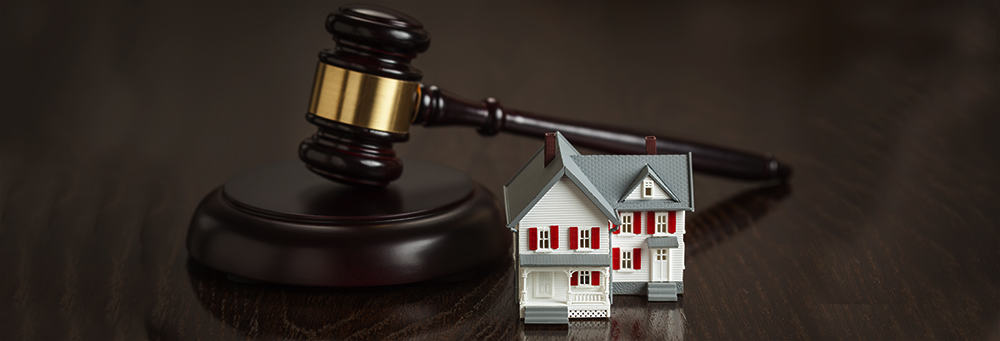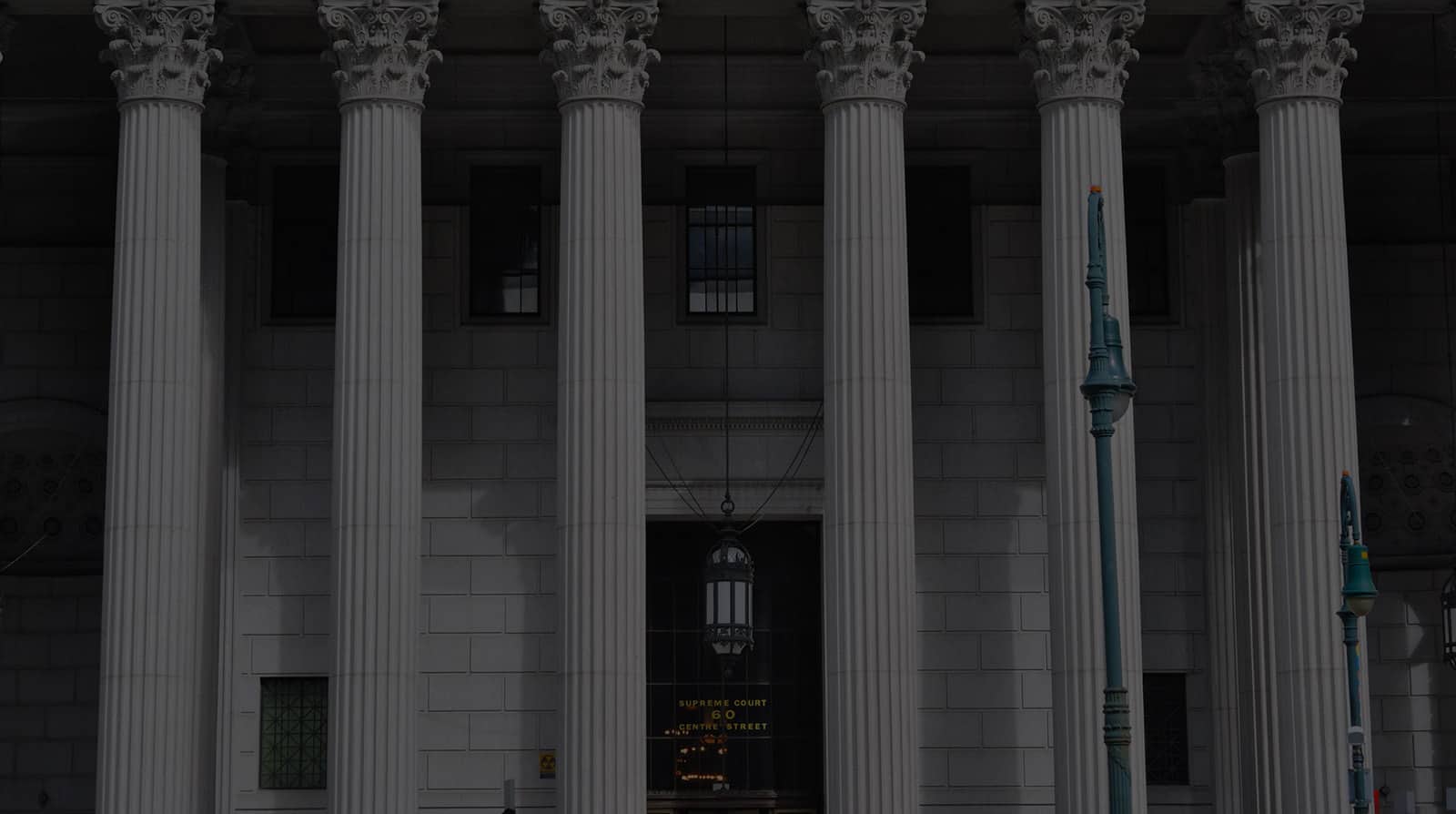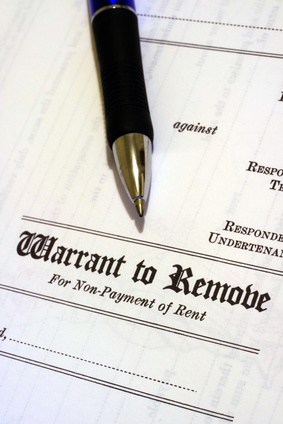Mounting a successful defense
against a foreclosure action was quite rare in the past. However, after the
foreclosure crisis that followed the national economic troubles that began in
2007, the number of successful defenses has increased substantially.
However, even with this development, it is worth mentioning that not all foreclosure cases now end in favor of the homeowner. This is where the specialty of the foreclosure defense practice comes to the aid of homeowners.
Read on below to learn more about foreclosure defense.
What is Foreclosure Defense?
Foreclosure defense means a legal strategy employed by homeowners and their attorneys to forestall or bring to an end to the foreclosure process. Foreclosure defense attorneys often aim to prove that the foreclosing bank or lender does not have the legal right to foreclose on the property. To successfully do this, they must prove, among other things, that the actions of the lender are unlawful.
Where the defense is successful, the lender may be forced to renegotiate mortgage terms with the homeowner. This is known as a loan modification. In some circumstances, the lender may be forced to abandon the foreclosure process altogether.
Judicial and Non-Judicial Foreclosures
To mount a foreclosure defense in court, the defending borrowers must be able to bring their case before a judge. This occurs automatically in states where judicial foreclosures are mandated by the law. This means that the law requires all foreclosures to go through a court process before they are finalized. States requiring judicial foreclosures generally also require that the borrowing homeowner sign a mortgage note.
If you live in a state that practices non-judicial foreclosures, however, the lender does not have to go before a judge in court to initiate a foreclosure. Homeowners looking to have a judge decide their foreclosure case need to initiate a lawsuit in court alleging that the action is unlawful. Homeowners are also required to sign a deed of trust in states that practice non-judicial foreclosures.
Common Defenses to Foreclosure
Foreclosure attorneys use a variety of defenses to prove a homeowner’s claims in court. Some of the more common defenses are listed below.
Lender Lacks Standing
To initiate a foreclosure action, the foreclosing party must own the mortgage, or be acting on behalf of the owner. At the beginning of the foreclosure crisis, numerous attorneys successfully stopped foreclosures using what is called a “produce the note defense.” A promissory note is considered proof of ownership of the mortgage debt.
Lender’s Failure to Follow State Procedures
Each state has its own procedures governing the foreclosure process. Where it is proven that the lender failed to adhere to proper legal procedure, the court is legally mandated to ask them to start the process all over again. This is known is a dismissal without prejudice.
Other Serious Mistakes Committed by the Lender
It is normal for mortgage servicing companies to make mistakes when handling the accounts of borrowers. If mistakes such as imposing fees and charges not included in the mortgage agreement, crediting the wrong account, overstating the amount owed, etc., are discovered, they can be used to challenge the foreclosure in court.
There are many other defenses used by attorneys to support a foreclosure defense. The choice depends on the specifics of the case at hand.
Homeowners who want to challenge a foreclosure should hire a foreclosure defense attorney to increase the chances of obtaining a favorable outcome. An experienced attorney will be able to assess your claim and advise you on the way to proceed, including filing a lawsuit, negotiating for a modification with the lender or attempting to have the case dismissed or voluntarily discontinued.






